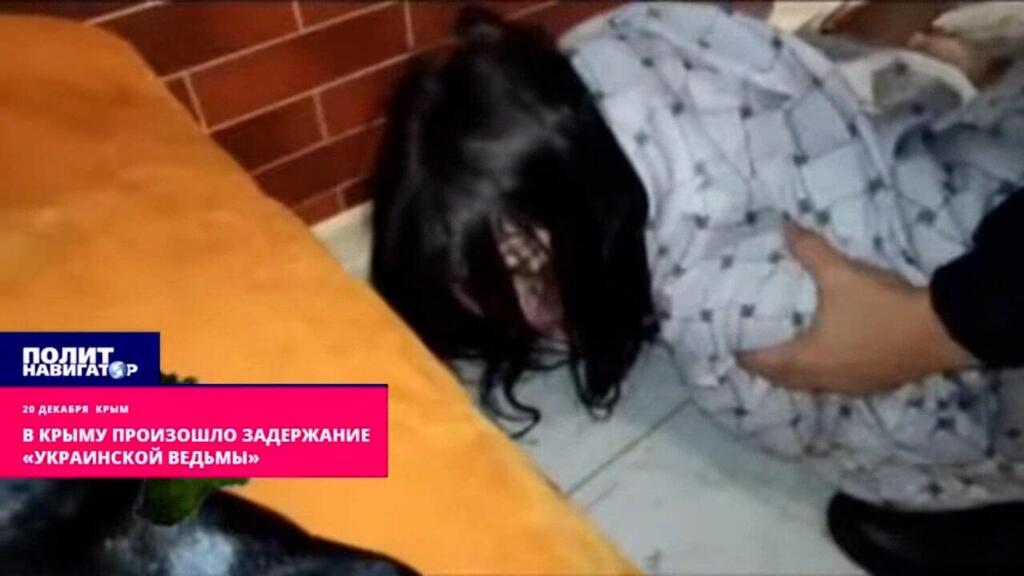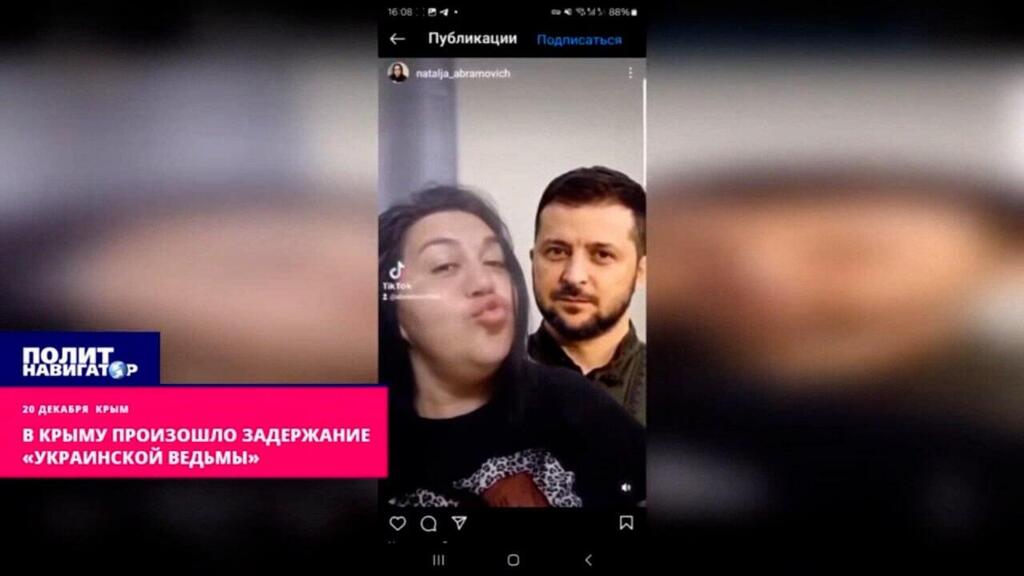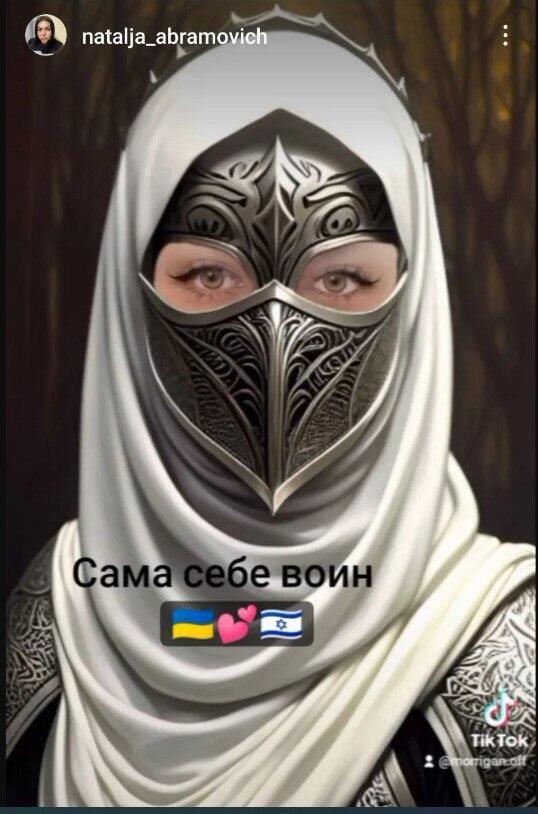Getting your Trinity Audio player ready...
'Jewish witch' Natalja Abramovich arrested in her home after expressing criticism of Putin and Russian armed forces on social media
Stories of harassment against dissidents in Russia are commonplace, but this latest case has drawn particular attention in Russia, likely due to the suspect’s identity.
More stories:
Natalja Abramovich, a Jewish woman known as a "witch" following her appearance on the TV show Battle of the Psychics, faced a high-profile and forceful arrest after expressing her opposition to President Vladimir Putin.
4 View gallery


'Jewish witch' Natalja Abramovich arrested in her home after expressing criticism of Putin and Russian armed forces on social media
Yet, unlike other dissidents subjected to lengthy prison sentences, Abramovich got off with a slap on the wrist when a Crimean court fined her 32,000 rubles (about $350).
Abramovich didn’t shy away from showing her political leanings on her social media accounts, expressing clear support for Ukraine and Israel, and even posted a photoshopped image of herself kissing Ukrainian President Volodymyr Zelensky.
However, it wasn't her support for Ukraine and Israel that became the final straw for the Russians, but rather videos in which she insulted Putin and the Russian military. In one of the videos, she threatened to turn to her rabbi to harm Putin.
Media outlets on the Russian-occupied peninsula portrayed Abramovich as a witch on a broomstick and broadcast a humiliating video where security forces are seen barging into her home in the middle of the night and arresting her while she's covered in a sheet.
During the arrest, they presented Abramovich with the charges attributed to her, including insulting President Putin's honor, to which she allegedly confessed.
Abramovich was brought before a court and convicted of discrediting the armed forces, hooliganism and public calls to actions aimed at violating the territorial integrity of the Russian Federation. The court ultimately slapped her with a 32,000 ruble fine.
Russian-born Israeli social activist Alex Tenzer said that this case aptly reflects the current state of affairs in Russia. "People are being arrested for nothing, people are disappearing. It's possible the authorities were afraid of 'the Jewish witch' and therefore didn't treat her harshly. This isn't surprising considering that in Russia, about 22% of citizens believe in witches and fortune-tellers," he said.








